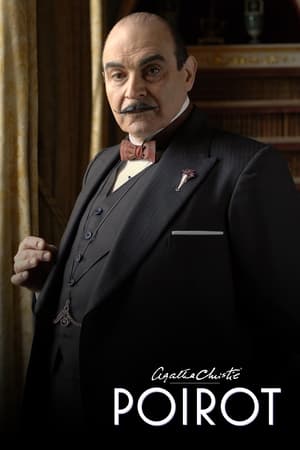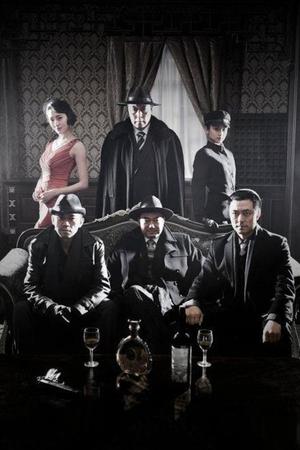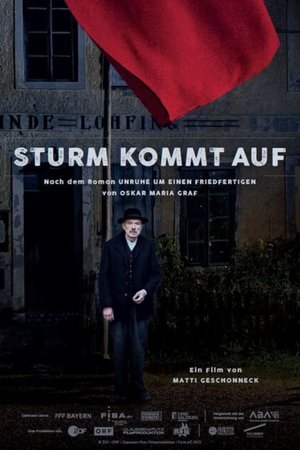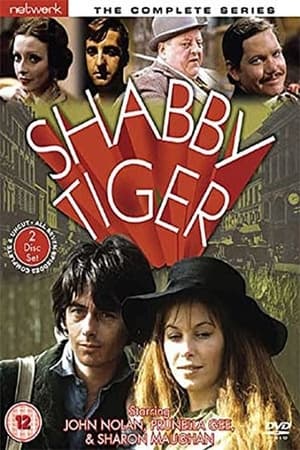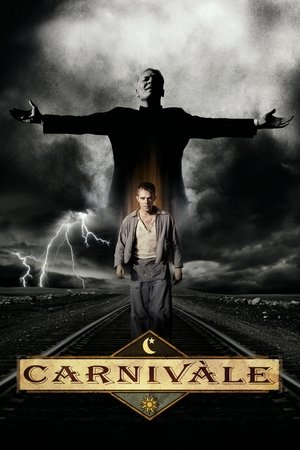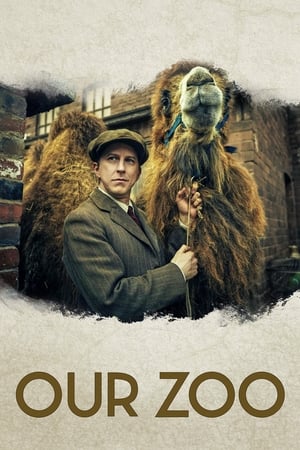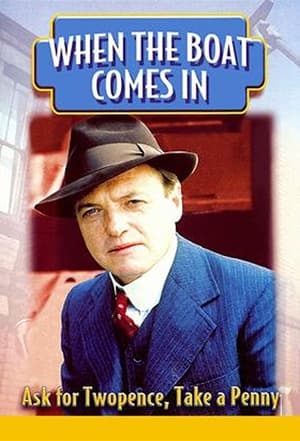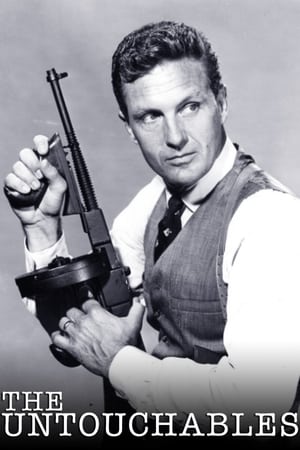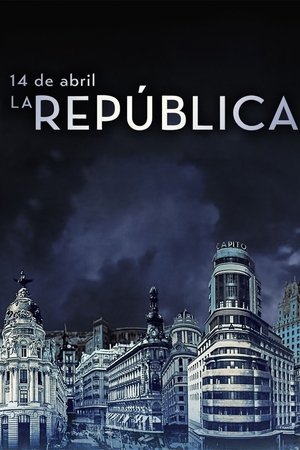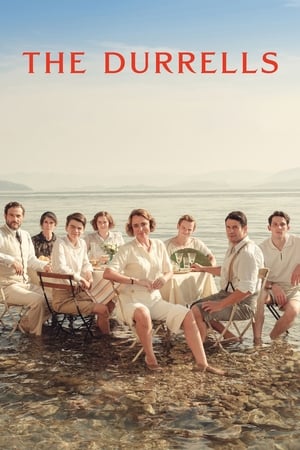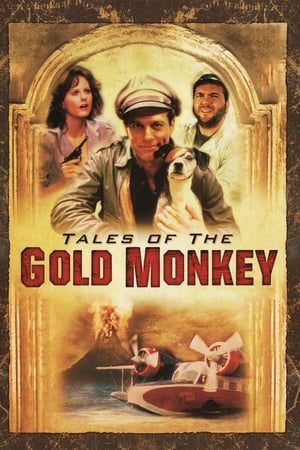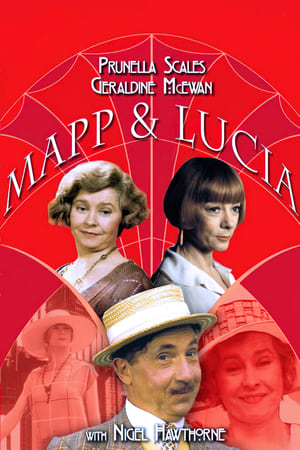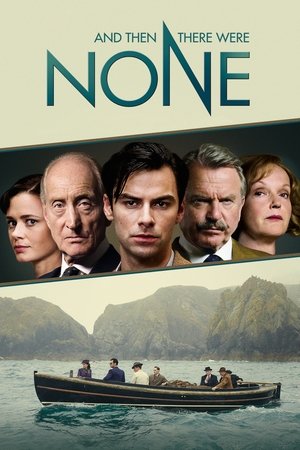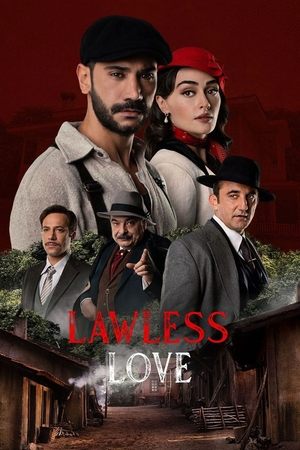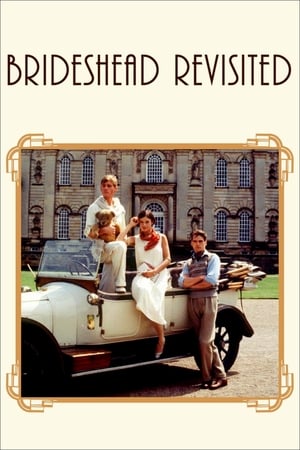Overview
The Ku family are living in the Republic of China era (1930s) as a prestigious household in a wealthy part of Nanjing. Soon, word spreads that the city is being taken over by Imperial Japanese forces. The Ku family - a family of all daughters and a father and mother of weakening health - are soon forced to pack their belongings to leave the war-torn area. One of their servants recommends they move to the rural areas. To their dismay, life is incredibly difficult and they live in poverty. The family is in pieces as each daughter struggles with numerous difficulties in the countryside. However, all members of the family eventually grow closer together as they work in the rural area.

 cn
cn
 0
0
 2007
2007
 Hong Kong
Hong Kong

